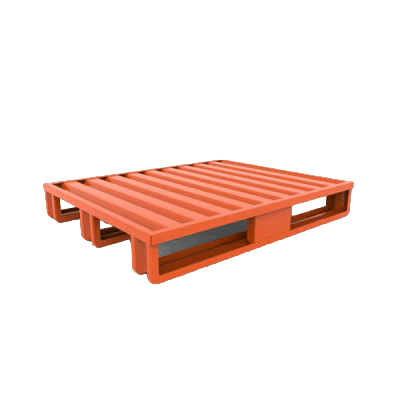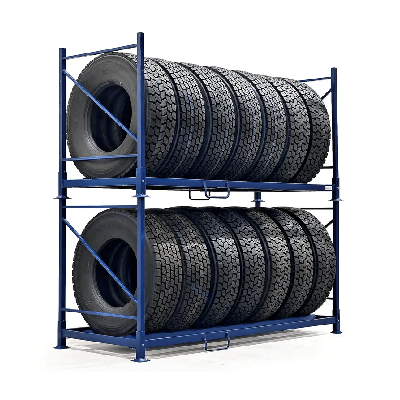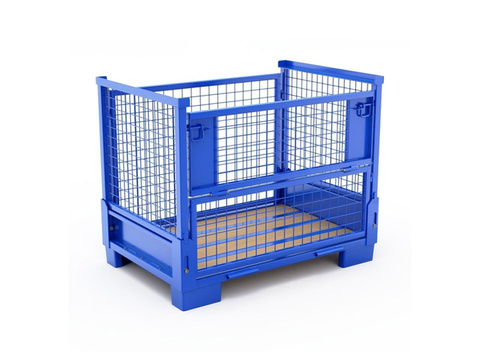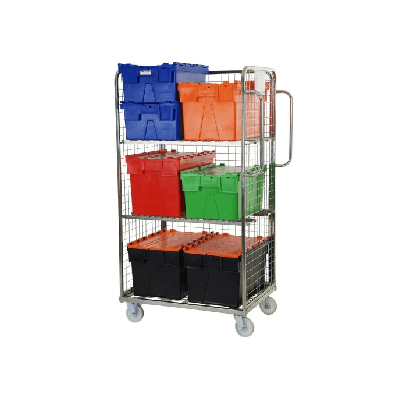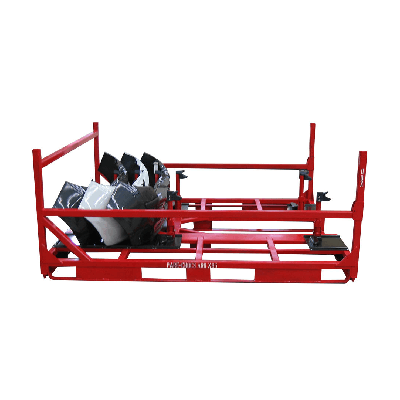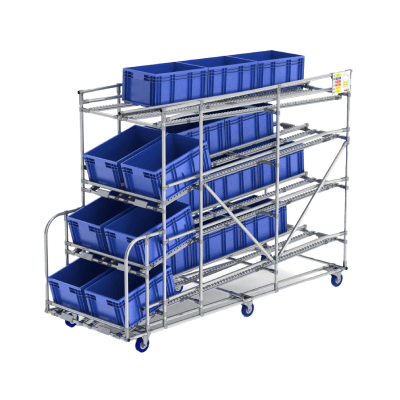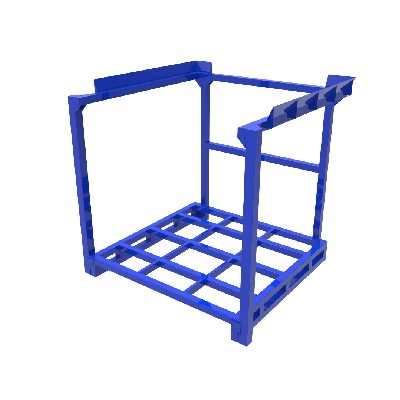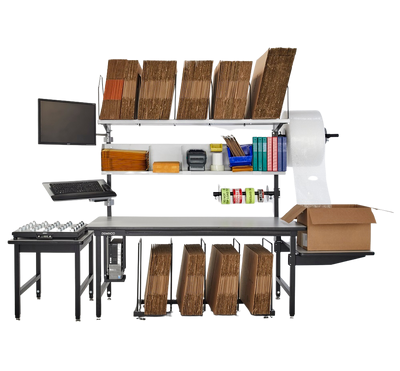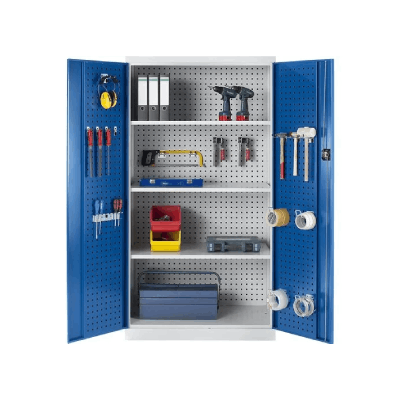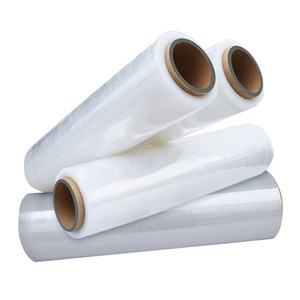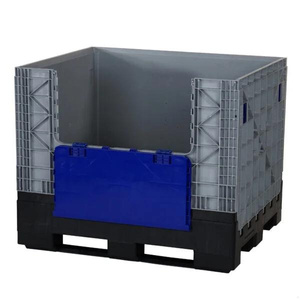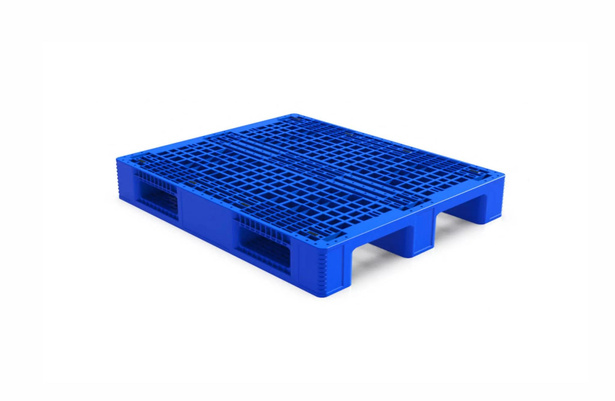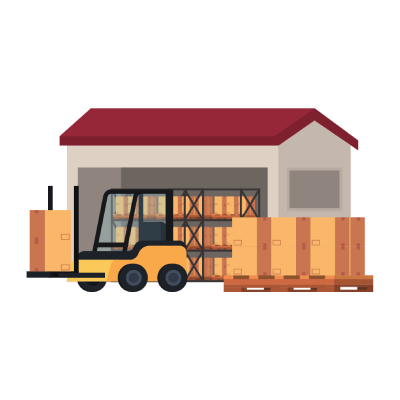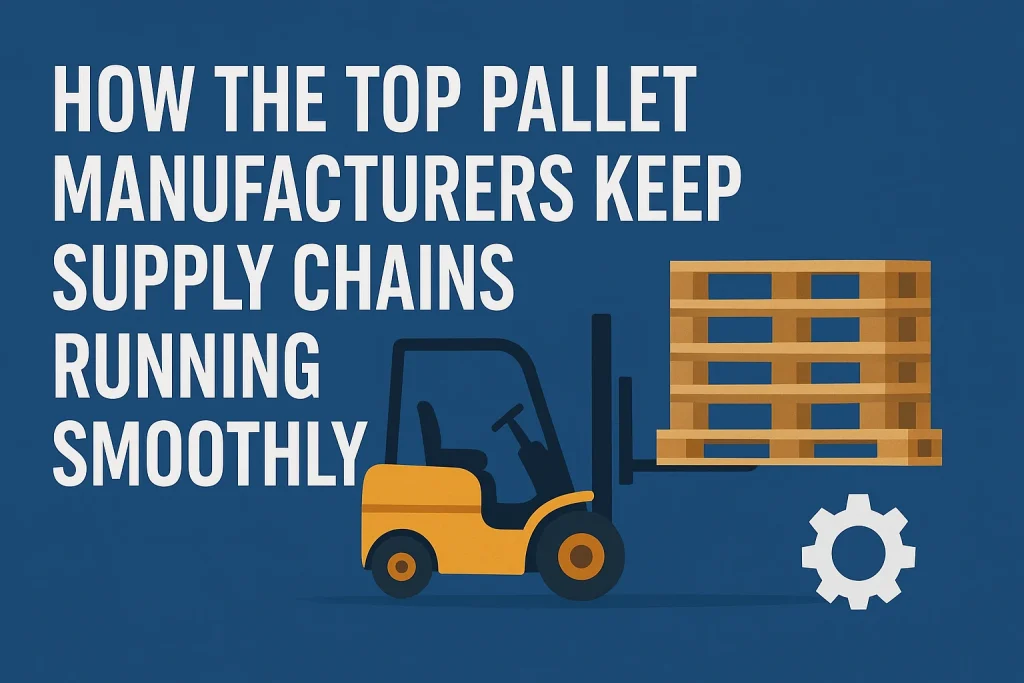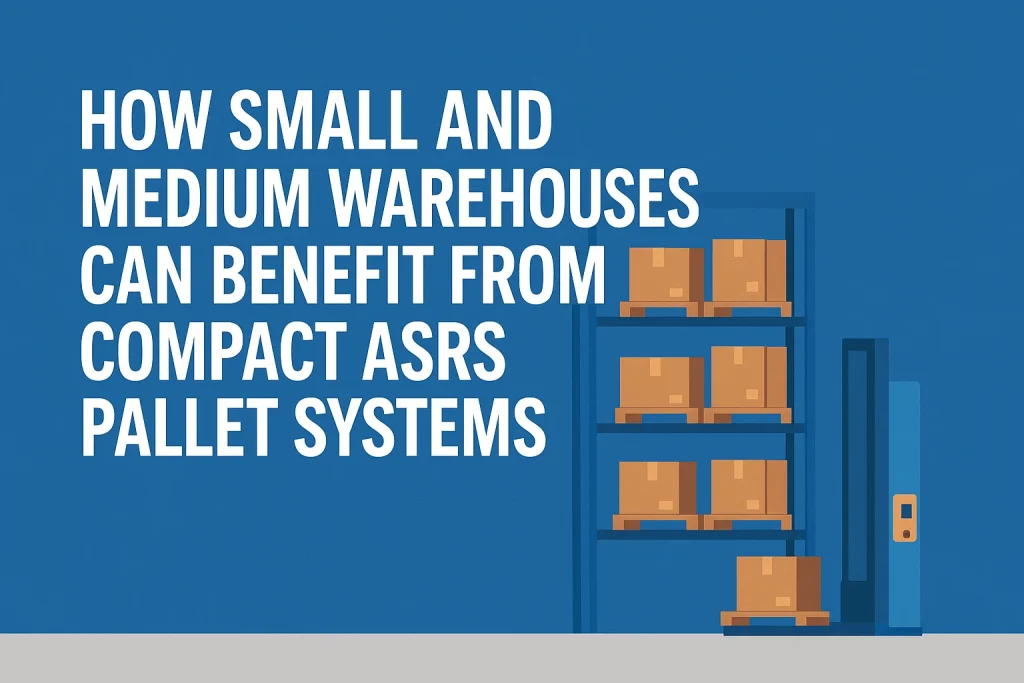In today’s fast-paced industrial and commercial environments, the efficiency of logistics and warehousing systems plays a critical role in operational success. Among the many components that support these systems, pallets stand out as a fundamental element. From storing goods in warehouses to ensuring smooth transportation across the supply chain, the choice of pallet can influence productivity, safety, and cost-efficiency. For businesses aiming to optimize these areas, choosing the top pallet manufacturer becomes not just a necessity but a strategic decision.
Table of Contents
ToggleThe Growing Importance of High-Quality Pallets
As industries expand and global commerce accelerates, the demand for durable and high-performance pallets has surged. Whether it’s in manufacturing, retail, food processing, pharmaceuticals, or logistics, pallets are essential in handling and storing a wide variety of products. The ideal pallet ensures safe stacking, withstands heavy loads, resists environmental stress, and complies with industry regulations.
Pallets must now be compatible with automated storage and retrieval systems (ASRS), conveyors, and forklifts as automation and smart warehousing become more common. This necessitates robust design and engineering standards that only a top pallet manufacturer can consistently deliver.
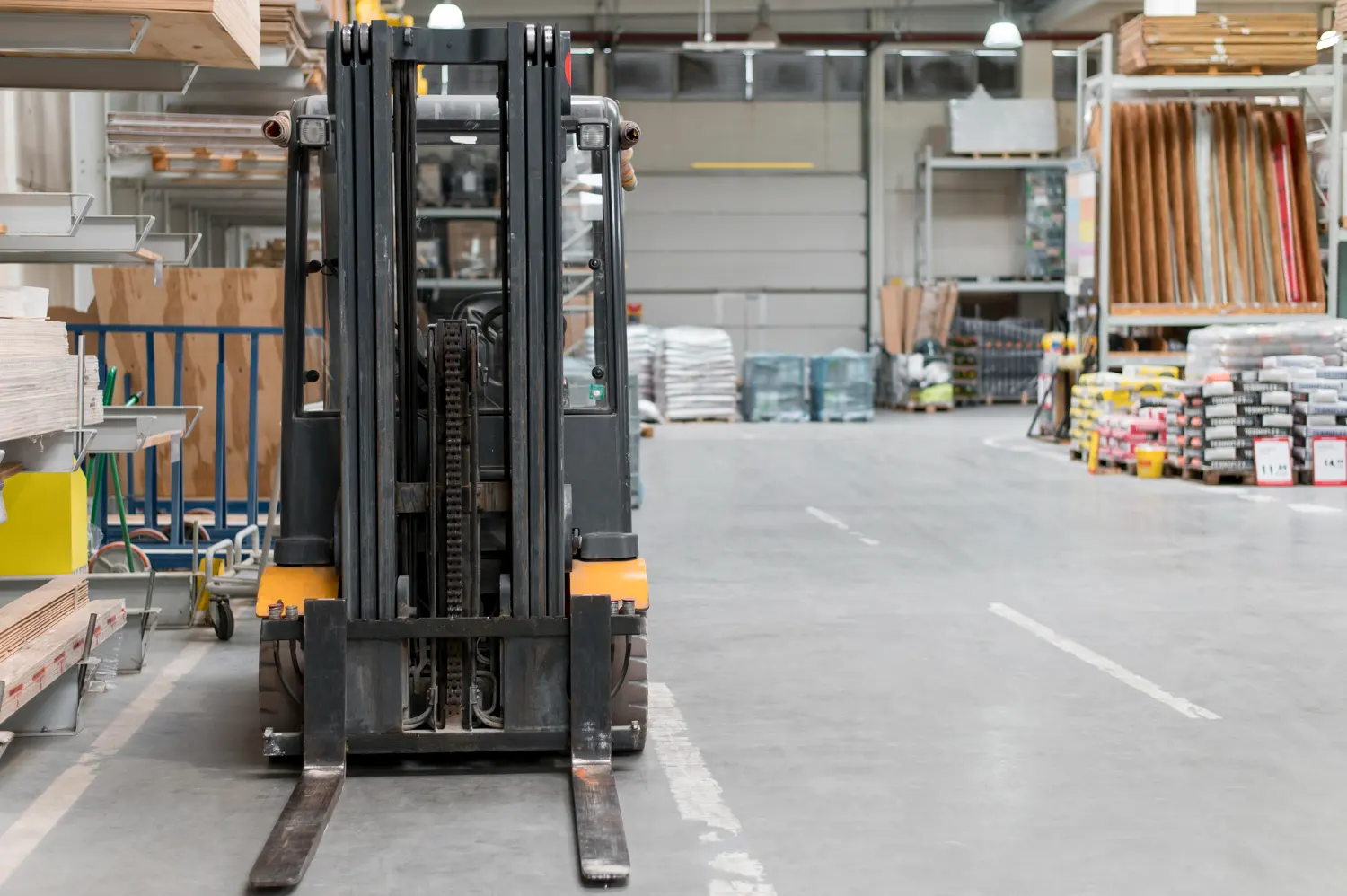
Key Considerations for Pallet Manufacturers
Selecting the right pallet manufacturer requires evaluating several important criteria:
1. Material Quality and Durability
High-quality raw materials such as premium-grade wood, steel, or high-density polyethylene (HDPE) ensure long-term performance. Manufacturers that focus on sustainable sourcing and robust testing procedures typically offer more reliable products.
2. Customization Capabilities
Every industry has unique requirements. A competent pallet manufacturer should offer customizable options in terms of size, material, load capacity, and design. This flexibility enables firms to design solutions to their operating requirements.
3. Compliance and Certifications
Top manufacturers adhere to local and international standards like ISPM 15 for wood pallets, ensuring compliance with global export regulations. Certifications from ISO and other relevant bodies reflect a commitment to quality assurance.
4. Production Capacity and Lead Time
Manufacturers with large-scale production facilities and streamlined logistics can fulfill bulk orders efficiently, reducing downtime and helping companies maintain optimal inventory levels.
5. Innovation and Sustainability
Modern pallet manufacturers invest in R&D to innovate better designs and incorporate sustainable practices, such as recyclable materials or returnable systems that support environmental goals.
Types of Pallets and Their Applications
Understanding the types of pallets available helps businesses make informed decisions:
Wooden Pallets
Widely used due to their cost-effectiveness and strength, wooden pallets are ideal for heavy-duty storage and one-way shipments. They can be repaired and recycled but may not be suitable for moisture-sensitive environments.
Plastic Pallets
Made from high-density polymers, plastic pallets are durable, resistant to moisture and chemicals, and ideal for hygienic applications like food and pharma. They are compatible with automation but are usually more expensive than wood.
Metal Pallets
Typically constructed from steel or aluminum, metal pallets are extremely strong and suitable for heavy loads or harsh conditions. They are resistant to corrosion and robust, but they are heavier and more expensive.
Composite Pallets
These combine materials like wood and plastic or compressed fiber, offering a balance between durability, cost, and environmental impact. They are increasingly being employed in export and specialised logistics.
Each pallet type offers distinct benefits, and a top pallet manufacturer should be capable of supplying all variants with consistent quality.

How Pallet Quality Impacts Industrial & Commercial Operations
High-quality pallets contribute significantly to operational efficiency:
1. Enhanced Safety
Poorly designed pallets can shatter under strain, endangering workers and products. Strong, reliable pallets reduce such risks, promoting a safer work environment.
2. Cost Savings
Durable pallets reduce the need for frequent replacements and minimize product damage during transport, offering better ROI over time.
3. Operational Efficiency
Uniform and well-designed pallets are easier to handle with forklifts and conveyors, reducing delays and improving workflow.
4. Environmental Benefits
Recyclable or reusable pallets contribute to sustainability goals, helping companies reduce their carbon footprint.
Why Choose a Top Pallet Manufacturer?
The benefits of partnering with a top pallet manufacturer extend beyond product quality. It means access to expert guidance, timely deliveries, post-sale support, and innovative solutions that evolve with market demands. Companies that invest in the right pallet partner can achieve better inventory management, reduced transportation costs, and a more resilient supply chain.
Moreover, a top pallet manufacturer stays ahead of trends such as smart pallets embedded with tracking technology, sustainable pallet pooling systems, and lightweight designs that reduce shipping weight.
Industrial Sectors That Rely on High-Quality Pallets
The need for top-tier pallet solutions spans multiple industries:
Retail and E-Commerce:-
With high turnover and fast distribution, retailers rely on consistent pallet quality to maintain inventory flow.
Food and Beverage:-
This sector demands hygienic, contamination-free pallets, often choosing plastic options for compliance.
Pharmaceuticals:-
Pallets must be clean, sterile, and traceable to meet regulations and quality control standards.
Automotive and Heavy Engineering:-
Machinery components and tools are transported on heavy-duty metal or composite pallets.
Agriculture:-
Producers require weather-resistant pallets for farm produce, often favoring wood or treated composite types.
A top pallet manufacturer caters to all these sectors with dedicated solutions, ensuring compatibility with specific operational demands.
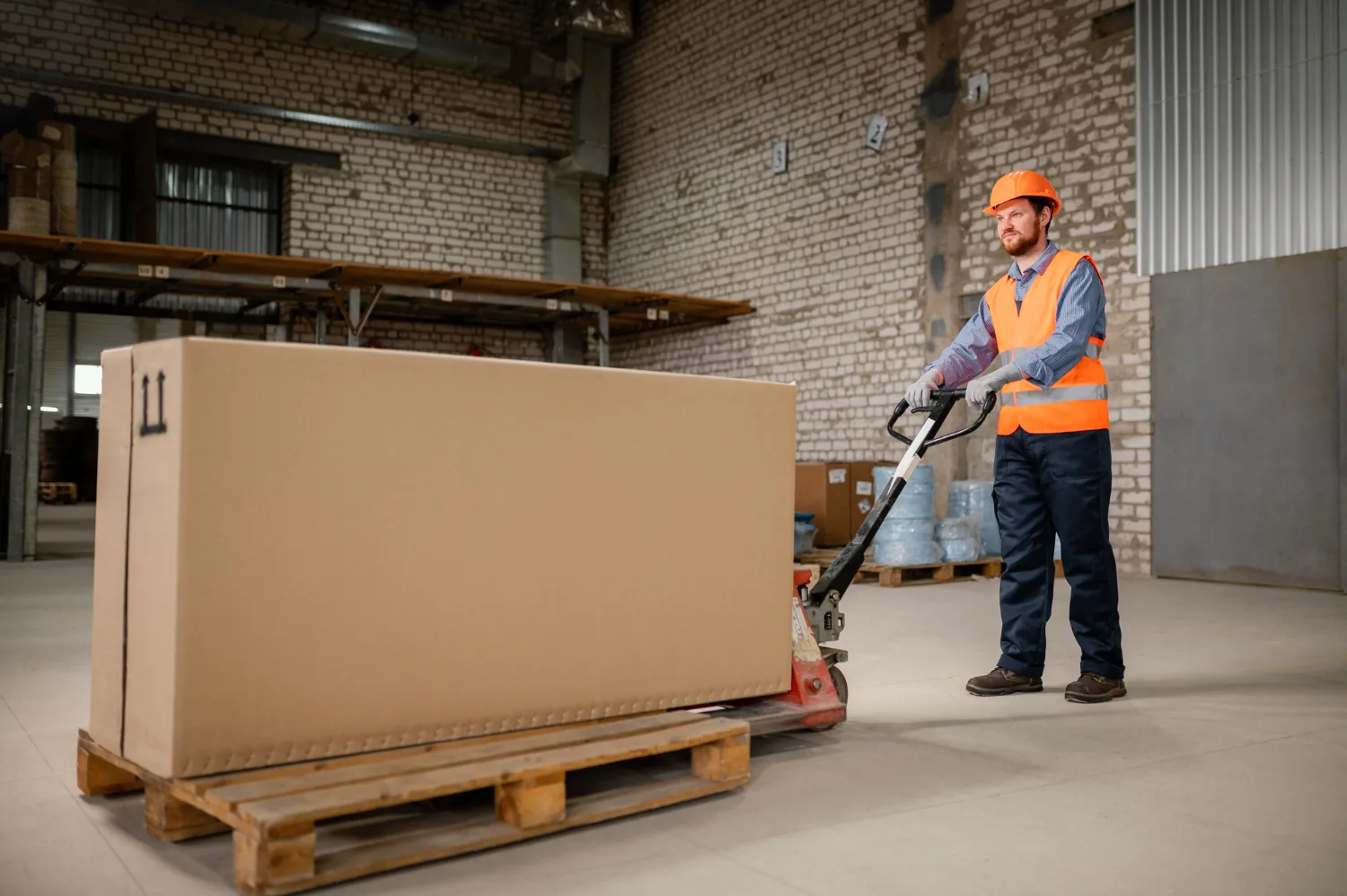
Future Trends in Pallet Manufacturing
As industries continue to digitize and automate, the pallet manufacturing sector is also evolving. The next generation of pallets is being designed with technology and sustainability in mind. Some emerging trends include:
- Smart Pallets: Equipped with RFID tags or IoT sensors for real-time tracking, temperature monitoring, and inventory visibility.
- Eco-Friendly Materials: Use of biodegradable plastics or recycled materials to reduce environmental impact.
- Modular Designs: Pallets that can be assembled or adjusted as per load requirements, enhancing versatility.
- Pallet Pooling Systems: Shared-use models that reduce the need for ownership and promote reuse.
These innovations are driven by top pallet manufacturers that continually invest in R&D and collaborate with technology partners.
Conclusion:-
Choosing the right pallet manufacturer is no longer just a tactical procurement decision; it’s a strategic investment in operational success. From improving safety and efficiency to advancing sustainability goals, the right pallets support a wide range of business objectives. To meet the challenges of today’s competitive and complex supply chains, businesses should align with a trusted and innovative provider.
Kole Pallet stands as a reputable name in the industry, known for its quality craftsmanship, customizable solutions, and commitment to sustainable practices. Whether you’re in manufacturing, retail, logistics, or any other sector, Kole Pallet delivers reliable and future-ready pallet solutions that meet your industrial and commercial needs.
Frequently Asked Questions:-
1. Why is choosing a top pallet manufacturer important for my business?
- Choosing a top pallet manufacturer ensures you receive high-quality, durable, and compliant pallets that enhance safety, reduce costs, and improve overall operational efficiency. It also provides access to expert support, timely deliveries, and innovative, industry-specific solutions.
2. Which pallet types are most widely utilised in the industrial and commercial sectors?
- The most commonly used pallets include wooden pallets (cost-effective and strong), plastic pallets (hygienic and moisture-resistant), metal pallets (durable for heavy loads), and composite pallets (a balance of strength and sustainability).
3. How do pallets impact warehouse automation and logistics efficiency?
- High-quality pallets ensure seamless compatibility with automated systems like ASRS, forklifts, and conveyors. Their uniformity and strength contribute to smoother workflows, reduced handling errors, and optimized storage and retrieval processes.
4. What industries benefit most from using high-quality pallets?
- Industries such as retail, e-commerce, food and beverage, pharmaceuticals, automotive, heavy engineering, and agriculture rely heavily on reliable pallet solutions tailored to their unique storage and transportation needs.
5. What innovations are shaping the future of pallet manufacturing?
- Emerging trends include smart pallets with RFID/IoT tracking, eco-friendly materials like biodegradable plastics, modular pallet designs, and pallet pooling systems. These advancements aim to enhance efficiency, traceability, and environmental sustainability.

